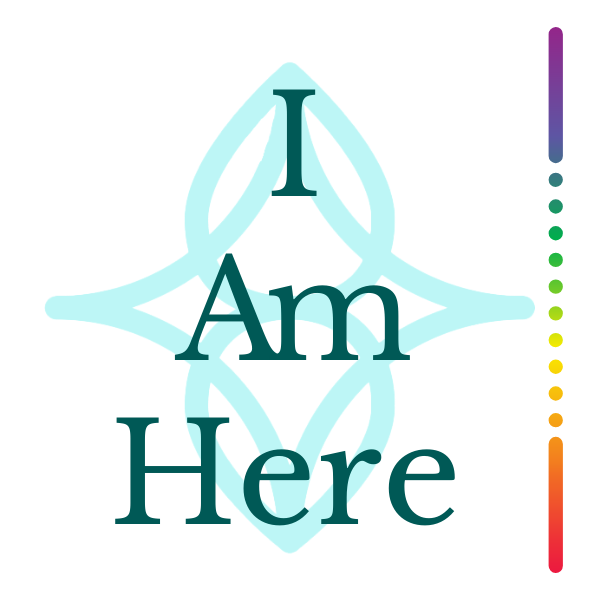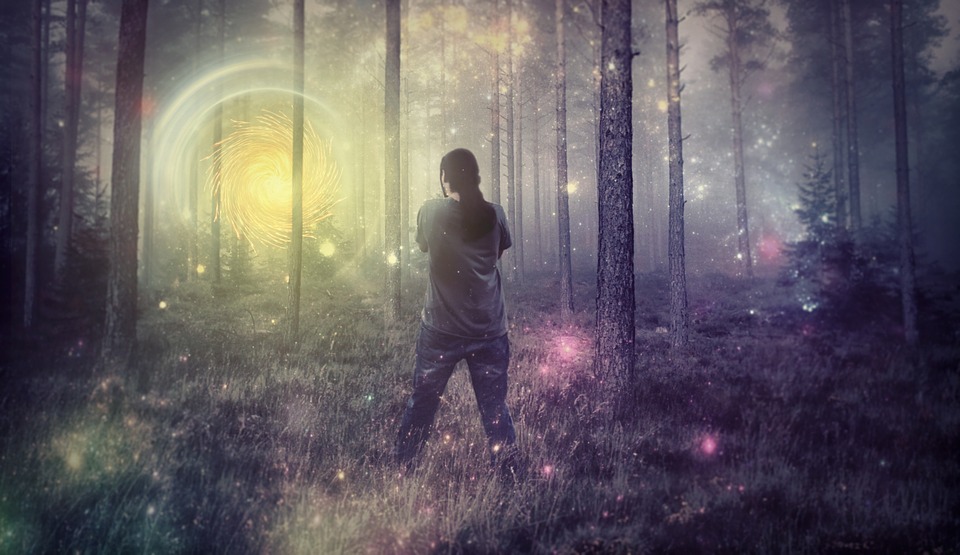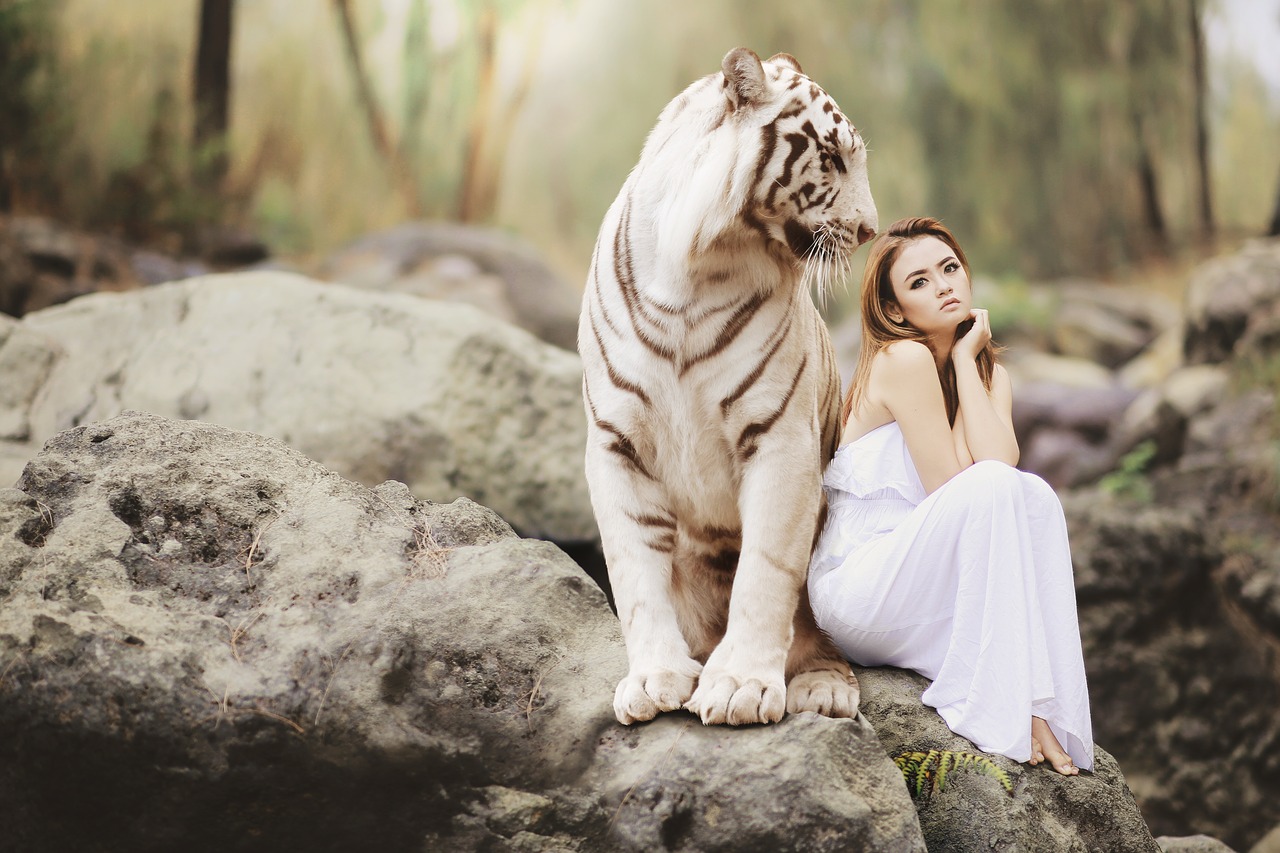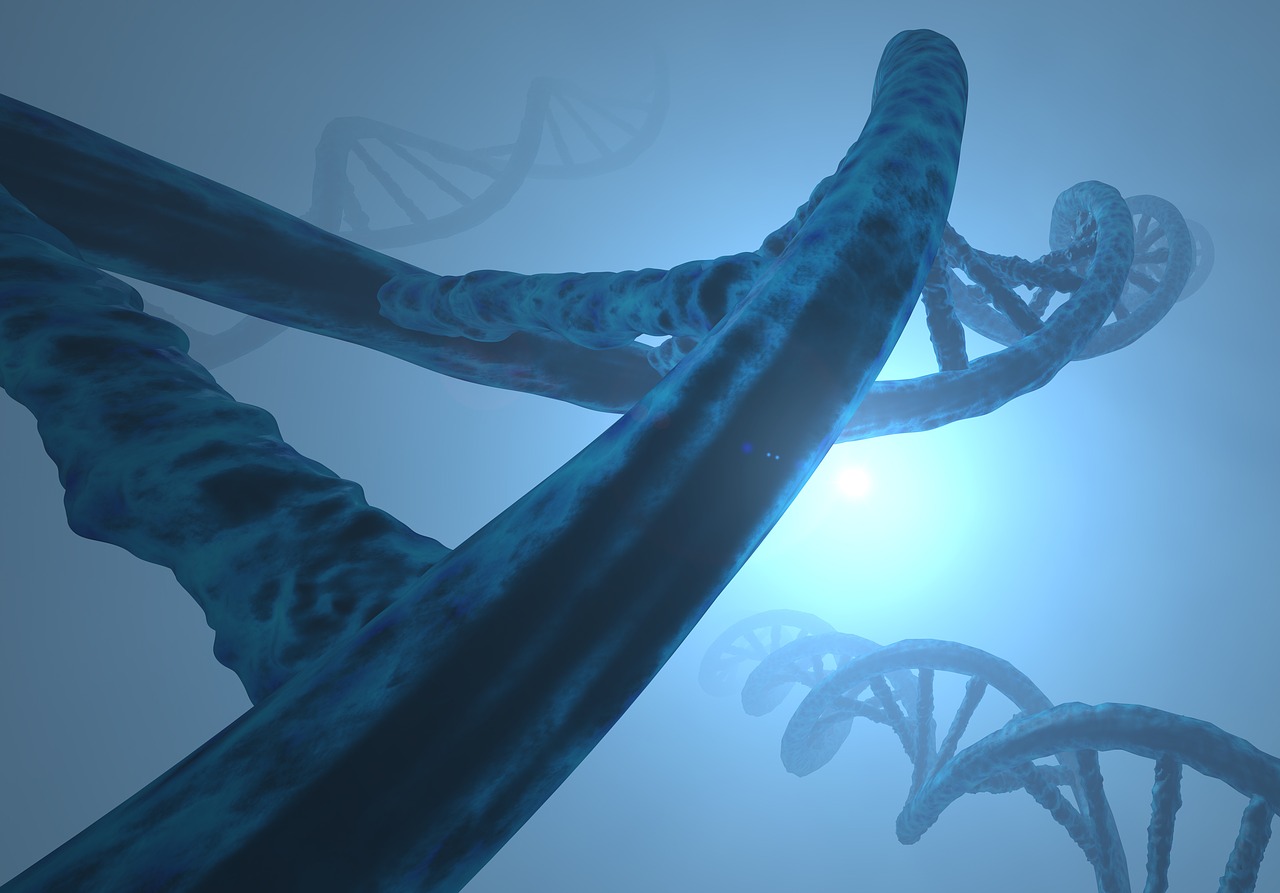[vc_row][vc_column width=”3/4″]
How would it be to taste infinite sweetness; to listen to endless, exquisitely tuned harmony; to see the true vitality of color; or to feel love without any restriction?
How would it be to suffer not a little, but to experience the awesome division and loss that is at the core of all creation?
How is it to be conscious, with unveiled perception, of all that appears, irrespective of conditions of time and space?
What is this one, that is able to perceive? Is it not beyond the conditions even of infinity and eternity?
How often do we get the feeling that what we sense of the world around and within us is only the tip of the ice-berg of what could be sensed? How vital is our living experience, and how is that vitality contracted?
The awakening of the senses is fundamental to our physical purpose. Imagine the difference between eating a carrot and tasting just ‘carrot’, (the same flavor of carrot you tasted every day since you started solid food), and eating a carrot and tasting its uniqueness, its subtle edge in sweetness, or its uncommon undertone of earth. In the former, experience bounces off a layer of depression; in the latter, we are coming to life.
From Aristotle on, we have been conditioned to believe we have only five senses. The age of materialism further stiffened the burden of bland limitation with the idea that the senses are the organs of a solid “thing” (this body), and as such, are only receptive to external stimuli. The one sensing, they state, is the body itself. Nothing more than that. It senses the outer world, as the inner world is ‘only’ imagination.
“How would it be if consciousness was not a “hard problem” at all?”
Yet as science progresses and the understanding of the brain and the body itself became more refined, the consensus around what this “body” is really made of, has collapsed in quantum weirdness. Month by month, new discoveries make the human impossible, possible. (See: Can humans sense magnetic fields?)
To the left, are listed the vast amount of physical senses which are now generally accepted as part of the human physical organism, and which lead far beyond the famous five. Most notably, we find here the sense of time (strangely enough, not yet the sense of space or infinity). Also missing from this standard list is the sense of sexual arousal and fulfillment; and the sensory organs involved with the drive to procreate. (A strangely Victorian, scientific blind-spot).
Perhaps from the same omission, there is not yet a medical attempt to formulate more subtle kinds of sensory experience that are critical to all experience. The sense of love, peace, care, bliss, ecstasy, freedom, wholeness, innocence, purity and belonging, to name a few.
If we can fully allow that consciousness is the unconditioned source of all sensory perception – that it is the backdrop to all experience of any nature, then the multitude of sense perceptions is no longer a problem. In sensing the sensor through any window of perception, we move to the perceptive eye at the center of the storm. When we allow, as Buddhists believe, that organs of perception are actually channels of consciousness (open both ways), and the brain is our chief sensory organ, then the multitude of sensory “effects” fall into the non-problematic arena of phenomena. Each effect has a cause, and that cause is non-physical, in the Newtonian sense.
Belief structures are fundamental restrictions on the operation of the senses. If science is able to affirm the “possible” in terms of psychic sensory data, such as seeing energy, then more and more humans will allow those neural networks to form. When we believe that universal love can be experienced, we allow it to be experienced. When we believe we are the eye of the universe, we can begin to allow the organs to receive the sensory phenomena, and by degrees, that eye opens through us.
The Sensory Formula
There is a formula for the opening of sense perceptions. It goes like this: in order to open a sense perception it is necessary to let it go completely, standing in the absence of that sense perception.
For example, in seeing, it is necessary to un-focus the eyes. In un-focusing from any content, true vision of the whole panorama begins to emerge. Space comes to life, together with the shocking play of the duality of light and dark, and sometimes with the seeing of energetic color of a more subtle nature.
In listening, it is necessary to let go of attuning to any particular sound. The agenda of the listener needs to surrender. In this, the sound is free to move through consciousness, unconditionally, together with all other sounds. It is also helpful to release the notion of distance (near and far). How often do we only listen to the sounds in the mid-range, ignoring the sounds of the body itself, and deleting the sounds that are far away?
To open the senses, we need to relax behind them, while releasing control of the contents. This need to control what we taste, touch, hear, feel, blocks the channels of perception, and this cuts us off from from life. The great controller exists because of the belief that the individual is defined by her experience (created by sensory input). In trying to protect this individual, the connection to the whole is lost. (Is there a sensory organ for the feeling of loneliness?)
“To sense infinity, we simply need to allow the infinity which is sensing.”
To open our senses, we need to relinquish control, allowing the whole dimension behind and around any particular sensory experience to open up, unconditionally.
The movement into the present moment is a classic spiritual example in the realization of the sense perception of time. When we let go of the past and the future, or of notions of young and old, or beginning and ending, we find ourselves in the timeless moment, out of which every impression of time is born.
How would it be to sense infinity? To sense infinity, we simply need to allow the infinity which is sensing. The infinity which is you sensing the world will then tunnel a connection through all impressions to the infinity out of which all impressions arise.
Don’t just believe it. Try it for yourself. 🙂
The day will come when science finds the neuro-biological mechanism (they will call it a ‘distributed system’) that they will claim causes the sense of infinity. In advance, let us say that this mechanism will be a physical reflection, formed out of infinity itself, and out of dimensions to which science is still blind, caught as it is, in a limited methodology that states that consciousness is a “hard problem”.
![]()
You might also enjoy: Gravity Fields & Consciousness
Spiritual teacher Georgi Y. Johnson is author of I AM HERE – Opening the Windows of Life & Beauty. You can watch an interview with her on Conscious TV here. You can also connect with Georgi through Facebook, Twitter and Youtube
[/vc_column]
[vc_column width=”1/4″]
Some of the Scientifically Known Physical Senses
- Sight – Color
- Sight – Brightness
- Taste – Sweet
- Taste – Salty
- Taste – Sour
- Taste – Bitter
- Taste – Umami (umami receptors detect the amino acid glutamate)
- Touch
- Pressure
- Itch
- Thermoception – heat
- Thermoception – cold
- Sound
- Smell
- Proprioception (Sensing where your body parts are, relative to other body parts).
- Tension Sensors (Monitoring muscle tension).
- Nociception – Cutaneous (Pain in skin)
- Nociception – Somatic (Pain in bones and joints).
- Nociception – Visceral (Pain in body organs)
- Equilibrioception – Balance
- Equilibrioception – Gravity
- Stretch Receptors – (In lungs, bladder, stomach, and the gastrointestinal tract. A type of stretch receptor, that senses dilation of blood vessels, is also often involved in headaches).
- Chemoreceptors: (Trigger medulla in the brain that detects blood born hormones and drugs. Also involved in the vomiting reflex).
- Thirst
- Hunger
- Magnetoception. (The ability to detect magnetic fields)
- Time: (Experimental data has shown humans have a startling accurate sense of time.
[/vc_column][/vc_row]




